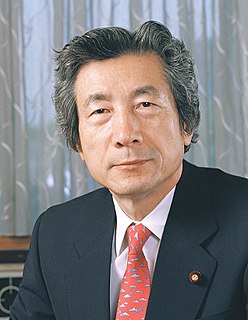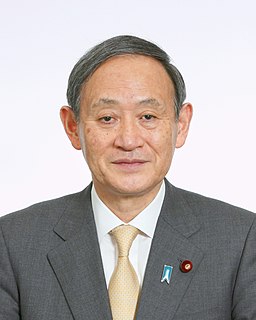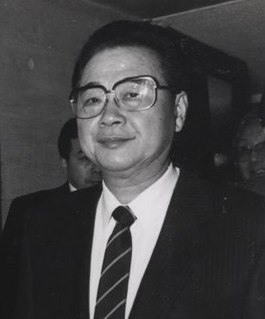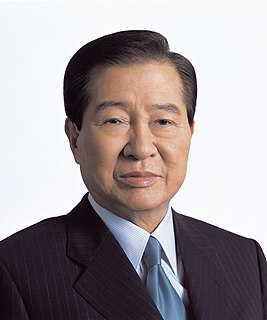A Quote by Junichiro Koizumi
Using the Japan-U.S. alliance as a basis, it is important that we maintain and develop cooperative relations with our neighboring countries such as China, South Korea, and Russia.
Related Quotes
China is ruthlessly pragmatic. It supports North Korea for its own selfish interests. And I believe that China no longer considers us an ally. The current president, Xi Jinping, cultivates close relations with South Korea. He has never met with me, the leader of North Korea, something that the leader of China has always done. At the grand celebrations in Beijing two years ago commemorating the 70th anniversary of the end of World War II, he placed the president of Russia and the president of South Korea at his side. In North Korea, we pay a lot of attention to ceremonies and what they signal.
Living with a nuclear North Korea could give its leaders the confidence to act more aggressively versus South Korea. It could also, over time, drive both South Korea and Japan, as well as countries farther afield such as Vietnam, to reconsider their non-nuclear postures. The stability of a critical region of the world would suddenly be in doubt.
I have underscored my commitment to dialogue and cooperation with our neighboring Turkey, a country that plays an important role for the future of our region. But I still stress that the promotion of this important relations can only take place on the basis of mutual respect without threats of war and questioning of sovereign rights.
It was good to launch the economy in the '50s. Japan did this; China did this; even South Korea did this. All the East Asians did this - import substitution. I think all countries followed import substitution in the '50s and in the '60s, but I think by the '70s, countries were getting out of that first phase of the strategy.
We're working better with China than we ever have. We are determined to take care of South Korea, which is why we have our mission there, working and that, as well. And then we're going to continue to take care of Japan. The entire international community isolate North Korea and let them know that this nuclear tests not acceptable.
The comfort-women agreement that we made with Japan during the last administration is not accepted by the people of Korea, particularly by the victims. They are against this agreement. The core to resolving the issue is for Japan to take legal responsibility for its actions and to make an official apology. But we should not block the advancement of Korea-Japan bilateral relations just because of this one issue.











































